“Oh horror! We ascribe iniquity to the righteous and cruelty to the holy . . . so that God . . . seems to have sought not so much our salvation as our punishment.”
(Pelagius qtd. in Givens, 112)
In this book, Fiona and Terryl Givens defend Christianity by proposing that Christ’s true church was morphed by men’s beliefs. The Givens argue that Jesus Christ and the ancient traditions he created exposed the deeper roots of our being: our wholeness, healing, and oneness with each other. However, the authors also present a Christian chronicle of rationalized brutality, genocide, crusades, pogroms, and torture. This book explores how the original messages and language of God have been distorted and those distortions continue to pervade Christianity today.
According to the Givens, Thomas Aquinas and St. Augustine formed word meanings from the bible that differed from the original sentiments. These translations were used and exacerbated by Tyndale, Wycliff, Calvin, and Luther centuries later overshadowing the “simple truths” of the gospel (such as love, repentance, being saved, etc.) “What began as an admirable desire to abide by the precepts of the Master . . . all too easily morphed into an obsession with one’s own spiritual athleticism” (157). What once promoted oneness, healing, and God as connection morphed into guilt, rules, and a division from God and our fellow humans. Nicolas Berdyaev writes that god “is turned to stone.”
This book reaffirms my belief that humans create stories and ignite change in humanity and clarified that God, I believe, is preserved in human flesh, matter, cells, and language. Thank you, Fiona and Terryl, for the extensive research and sources, for the inclusion of a discussion about Heavenly Mother, for the Atonement chapter (“heaven is the absolute harmony of human relationships” 142), the focus on language, and the acknowledgment that what is written can change the course of history. Lastly, thank you for bravely demanding change for a church that deeply needs it: “The work of restoration, to be complete, must include the casting off of those traditions, presuppositions, frameworks, paradigms, and vocabulary that still fill the garden of the gospel like tenacious weeds” (72).



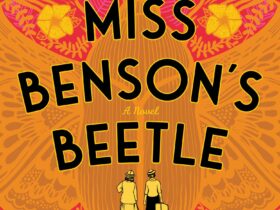


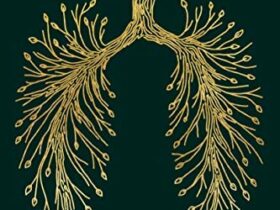

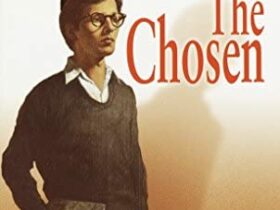
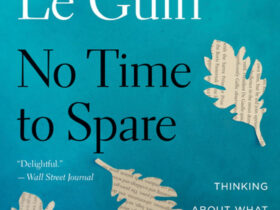










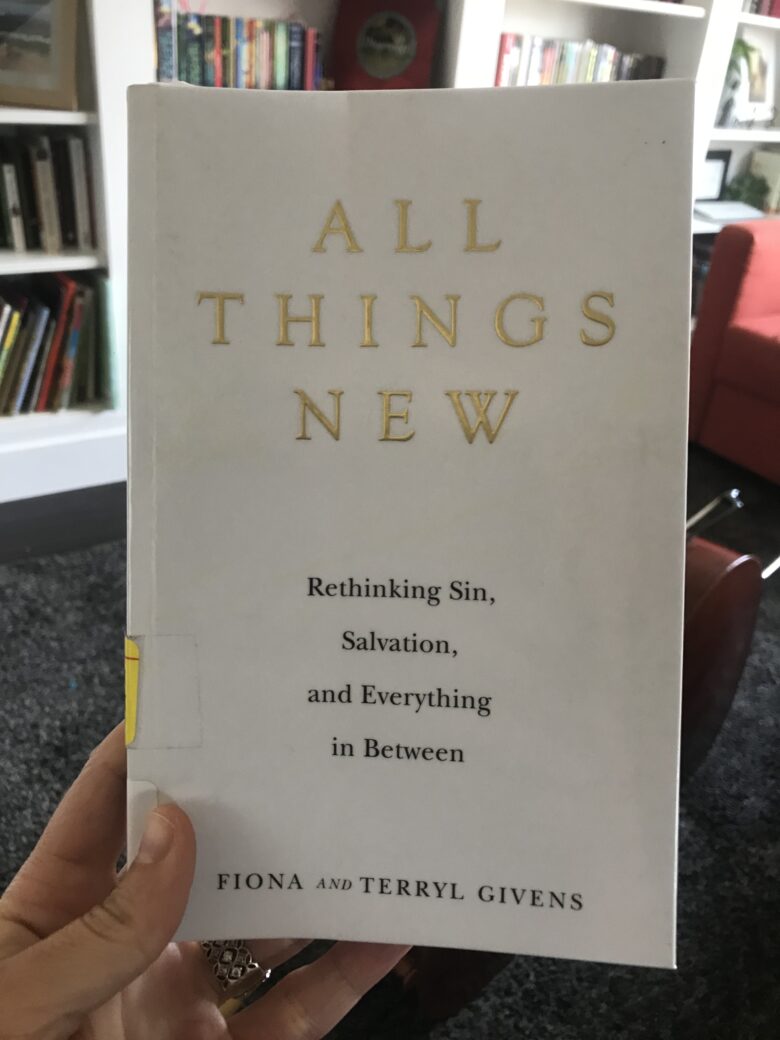


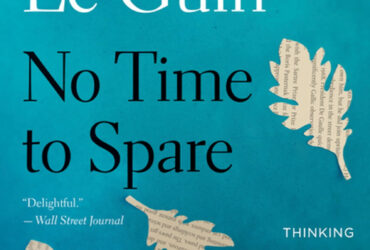
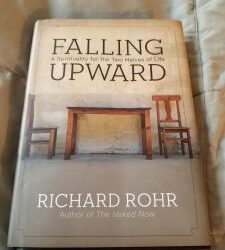


Leave a Reply